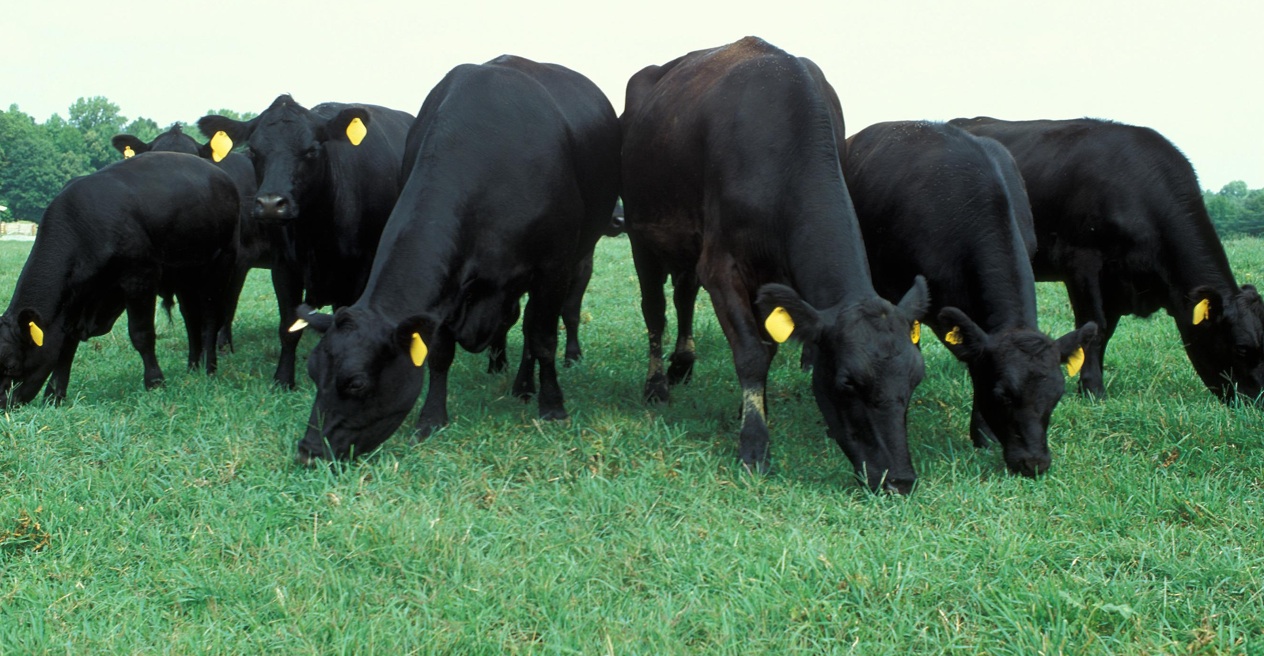
 June 24, 2009, Edmonton, Alta — Canadian scientists are breeding a special type of cow designed to burp less.
June 24, 2009, Edmonton, Alta — Canadian scientists are breeding a special type of cow designed to burp less.
June 24, 2009, Edmonton, Alta — Canadian scientists are breeding a special type of cow designed to burp less.
 |
|
This could be a breakthrough that could reduce a big source of greenhouse gases responsible for global warming.
Cows are responsible for nearly three-quarters of total methane emissions, according to Environment Canada. Most of the gas comes from bovine burps, which are 20 times more potent than carbon dioxide as a greenhouse gas.
Stephen Moore, a professor at the University of Alberta in Edmonton, is examining the genes responsible for methane produced from a cow’s four stomachs in order to breed more efficient, environmentally friendly cows.
The professor of agricultural, food and nutritional science completed primary tests using traditional techniques to breed efficient animals that produce 25 percent less methane than less efficient animals. But more work needs to be done before the long-term impact is known. Moore’s study was published earlier this year in the Journal of Animal Science.
“We are working on producing diagnostic markers for efficient animals,” said Moore. “We are looking at the next generation of technologies that will enable us to determine the genetics of an animal through a blood test or testing some hairs that you might pluck from the animal.”
To shrink cattle’s ecological footprint, ranchers could also decrease the time cows are left standing in the field by getting animals to market sooner. That means breeding cattle that grow faster. Also, through breeding, cattle could become more efficient in converting feed into muscle and producing less methane and waste, said Moore.
Another method already being used to reduce methane emissions is feeding livestock a diet higher in energy and rich in edible oils, which ferment less than grass or low-quality feed.
Farmers in Alberta that feed their livestock edible oils and shorten the time to market can accrue carbon credits that could amount to between one $1 and $10 (Canadian) per head.